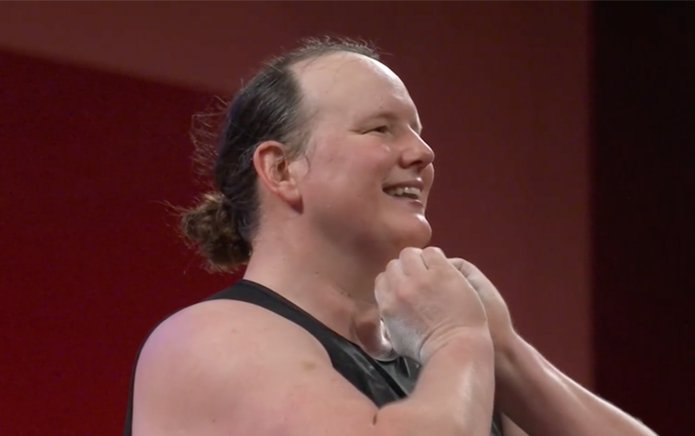
The International Olympic Committee (IOC) has released its new guidelines for transgender inclusion in sport after years of delays.
On 16 November, the ‘IOC Framework on Fairness, Inclusion and Non-Discrimination on the Basis of Gender Identity and Sex Variations’ set out 10 “principles” that aim to guide individual sports federations when drafting new rules.
The move means that trans inclusion will not be ruled on in a universal way regardless of the sport and will instead be done so on a case-by-case basis to determine the appropriate criteria of each one.
One of the fundamental differences between these guidelines and those established in 2015 is that there is now no mention of specific hormone levels required to participate.
Previously, it was ruled that trans women must maintain a testosterone level of below 10 nmol/L for a year, which is now replaced with “primacy of health and bodily autonomy” as well as a determination that athletes should not have to undergo “medically unnecessary procedures or treatment to meet eligibility criteria.”
In addition, it is recommended that eligibility not be determined through gynecological exams or “similar forms of invasive physical examinations” when it comes to determining someone’s sex.
The new rules say athletic federations should “seek to educate” staff to “prevent interpretations of their eligibility criteria that can lead to harm.”
This includes not subjecting those wishing to participate with testing “aimed at determining their sex, gender identity and/or sex variations.”
It should not be assumed that trans and intersex athletes automatically have an unfair advantage without scientific evidence, the IOC’s principles state.
Restrictions on their involvement in the sport must be based on “robust and peer reviewed research,” with athletes having the ability to challenge this through “internal mediation mechanisms” or a quasi-judicial process.








